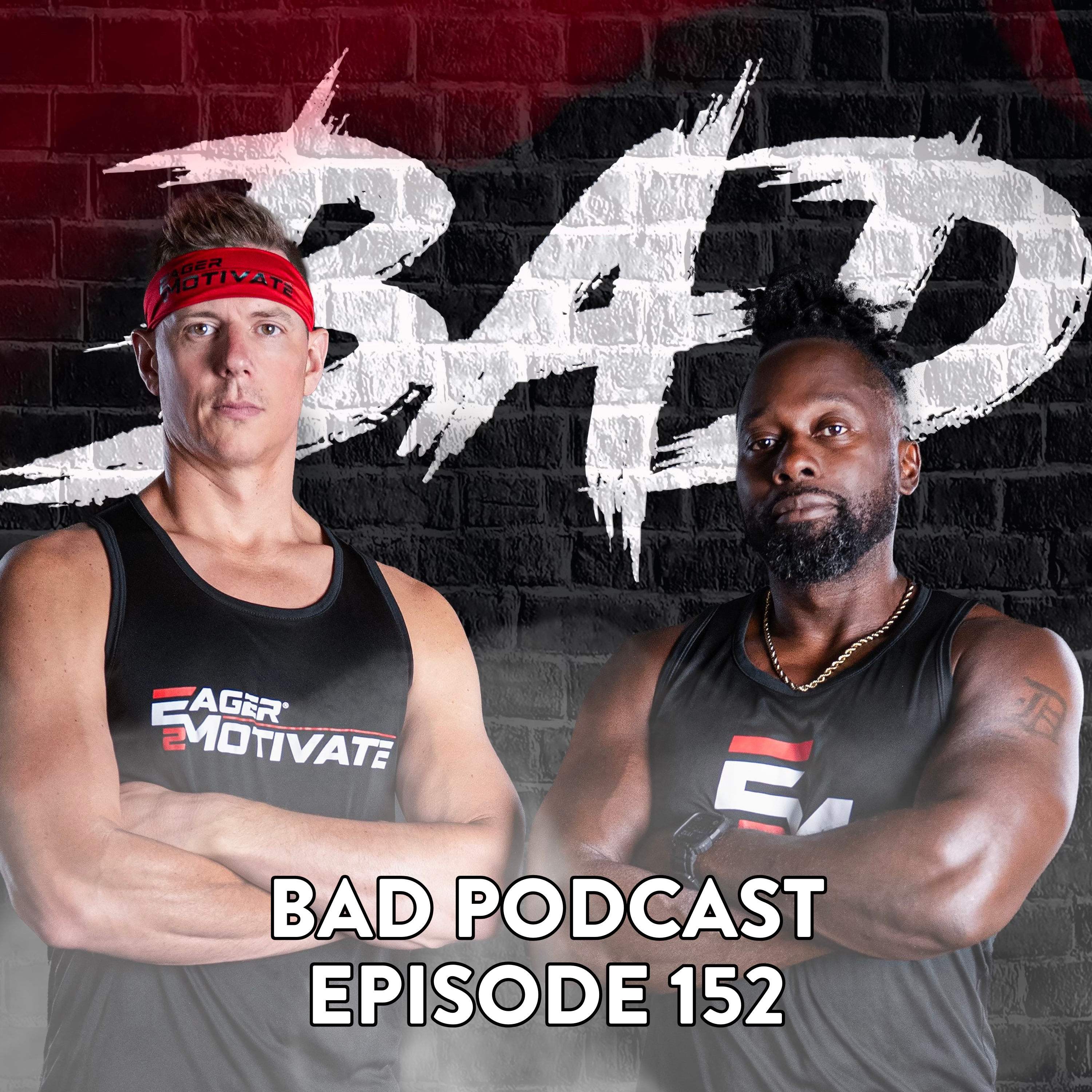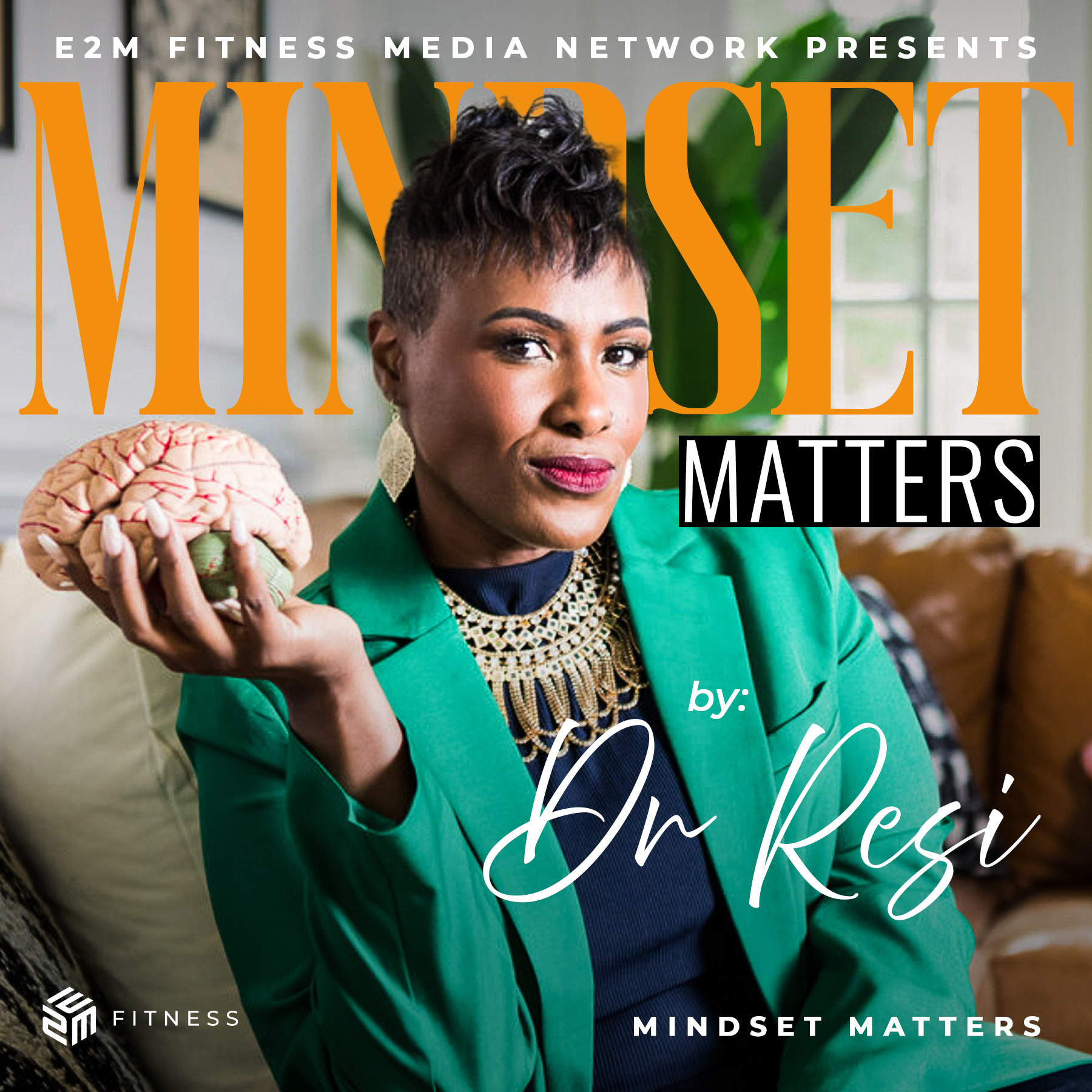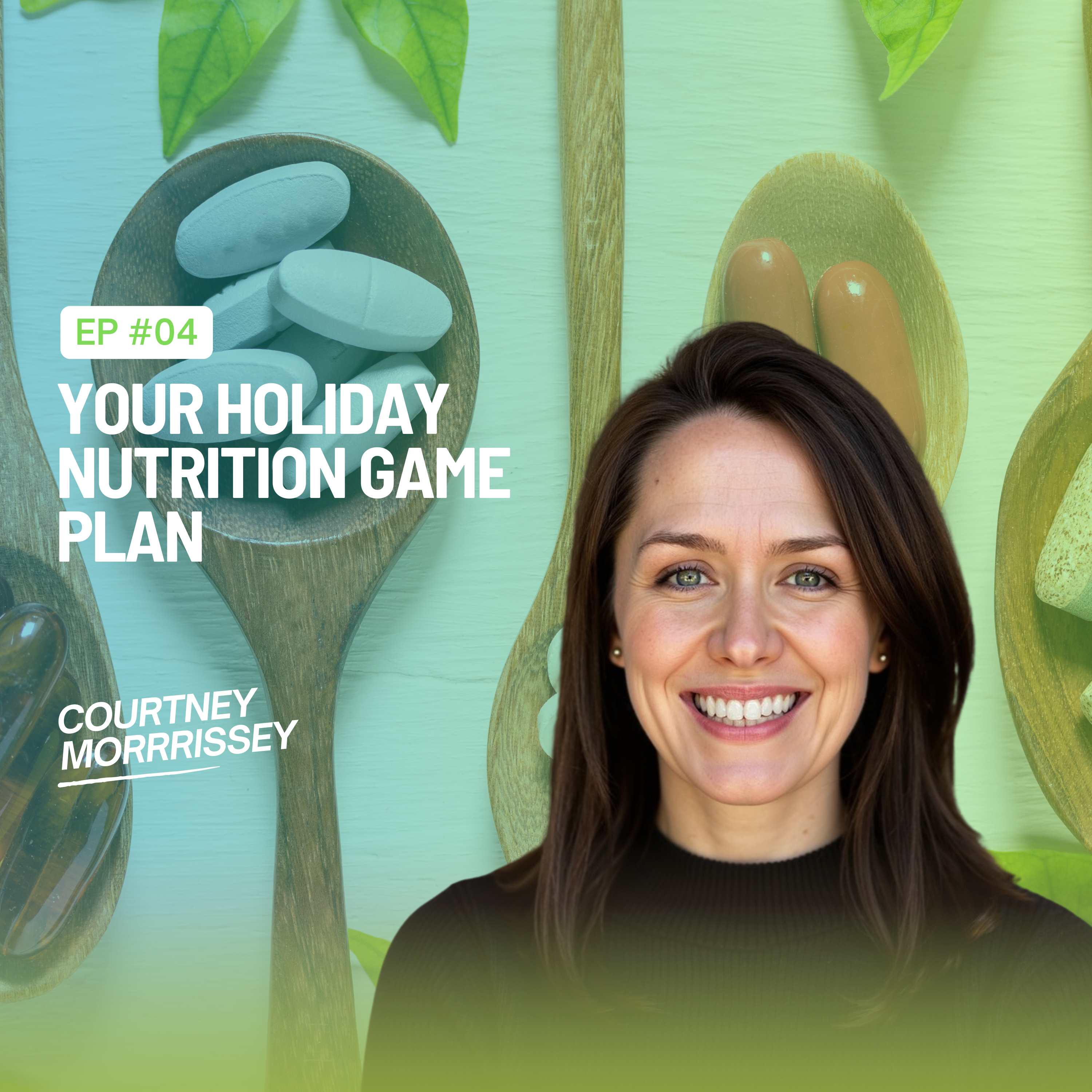Episode Transcript
[00:00:01] Hey, everyone, I'm Courtney. I'm your dietitian with E2M.
[00:00:05] And today I want to talk on zinc and specifically kind of how that plays into our immune system.
[00:00:11] Now, zinc is an essential mineral for our body. That just means our body cannot make it. So we have to get it from the foods we eat or the beverages we drink or even the supplements we may take. Now, a lot of you could be taking an immune supplement right now or which likely contains zinc because of its properties in our immune system. But other than our immune system, zinc plays a role in gene expression and cell growth, the production of DNA, the production of protein in our body.
[00:00:47] Zinc plays a role in enzyme reactions within the body. We see the importance of zinc within our skin, skin, skin integrity and wound healing. So if you look at some of your sun blocks, a lot of them are now containing zinc to kind of help with that skin integrity.
[00:01:05] Zinc also plays a role in our senses of taste and smell.
[00:01:10] So lots of different areas we see zinc within our body.
[00:01:14] Now, some of the food sources that are going to be high in zinc will be our animal products, specifically beef and oysters.
[00:01:23] We also get zinc from other sources of meat, so like poultry or pork and even fish. Zinc is also found in some of our nuts and seeds and legumes, dairy and eggs. We do have zinc in some of our vegetables.
[00:01:41] So mushrooms and peas, kale and asparagus and beet greens are good sources of zinc. And then some fortified foods which will also have zinc. So this just means the product is not a high source of zinc, but the manufacturer has added zinc to make it a good source.
[00:02:02] So breads and grains, cereals so ready to eat cereals and even snack bars will have zinc fortified in it to make it a good source.
[00:02:15] So when it comes to our recommended daily allowance, or RDA for zinc, I'm not going to go through all of the age groups. I'm just going to focus on the adult age groups. If you are interested in looking at the other ones, you can always go to the National Institute of Health page, specifically the fact sheet for zinc.
[00:02:38] And then it breaks it up into different age groups, females versus males, all that fun stuff.
[00:02:44] But specifically for adults, we're wanting to have 11 milligrams a day for males and 8.8milligrams a day for females.
[00:02:54] Now, those numbers increase with pregnancy. So pregnant women are recommended to have 11 milligrams of zinc.
[00:03:01] And then lactating women, so women who are breastfeeding are recommended to have 12 milligrams of zinc.
[00:03:08] Now, this flows right into zinc toxicity. So how much zinc is too much?
[00:03:14] Research is kind of showing us that about 40 milligrams of zinc is too much.
[00:03:19] So make sure you're looking at your supplements to see if they are too high in zinc. And if they are, we definitely want to back off because zinc toxicity does come with some negative symptoms. So if we are having zinc toxicity, we may experience nausea, upset stomach, diarrhea.
[00:03:43] We may be extra tired, so lethargic. There could be nerve conductivity issues.
[00:03:50] Some people may have hallucinations. You may also see a reduced immune response. So this is kind of where too much of a good thing is not always good.
[00:04:02] You may have nose and mouth irritation.
[00:04:06] Some people may experience anemia if they're doing too much zinc.
[00:04:11] But zinc, too much zinc can cause a deficiency in copper.
[00:04:17] So some important things to know is we don't want too much zinc because copper is an essential mineral as well for our body that plays all sorts of other roles within our body.
[00:04:27] So keep in mind, you know, more than 40 is too much when it comes to zinc.
[00:04:34] Jumping into zinc deficiency.
[00:04:38] Zinc deficiency is a global concern.
[00:04:41] More than 17% of the world is estimated to be zinc deficient, primarily in developing countries.
[00:04:50] And when we see zinc deficiencies, this tends to lead to growth failure, specifically in infants and children.
[00:04:59] They just don't grow as well.
[00:05:02] There may be inflammation or higher inflammation numbers within the body. We do see impaired immune response, gastrointestinal symptoms. So diarrhea, nausea, vomiting, bloating, but then also skin lesions can occur with zinc deficiency.
[00:05:21] When we do have zinc deficiency, it's a lot of times due to poor nutrition or chronic illness malabsorption, some people may have excessive zinc loss. So if you have a wound that may be a little oozy, or if you're having diarrhea or vomiting, those could be excessive zinc losses.
[00:05:46] But then also some medications can impair the absorption of zinc.
[00:05:51] So always check with your doctor to make sure you know you're not taking anything that could cause any type of zinc absorption issue, especially if you have a zinc deficiency.
[00:06:05] Now, when it comes specifically to zinc and the immune system, there's a lot of research out there.
[00:06:11] We do see that zinc can inhibit the viral replication of an illness.
[00:06:17] So what this means is our body, when it has appropriate amounts of zinc in, can stop the replication of the virus, potentially slowing or potentially decreasing the amount of days that you're sick.
[00:06:33] Zinc does work as an antioxidant within our body, so that just means it can help Protect our cells from damage that could contribute to chronic diseases.
[00:06:44] I did do a topic on antiox previously and a couple weeks ago, so you can always look through old articles posted to read more about the antioxidants.
[00:06:57] Research has suggested that specifically zinc lozenges may shorten the duration of respiratory infections and then also reduce symptoms that we may be having.
[00:07:12] And then combining zinc with vitamin C can reduce the severity and duration of colds.
[00:07:20] Does this mean that taking more zinc before getting sick can prevent an illness?
[00:07:26] No.
[00:07:28] Zinc does support the immune system, yes, but there is not strong evidence to say taking additional zinc is going to be helpful for our immune system to fight an illness, especially like flu or Covid. There's not research out there. There definitely needs to be more research done, but there's not information out there to say, yes, taking more zinc is helpful. So then that takes me right back to check your supplements because we don't want more than that tolerable upper limit.
[00:08:01] We want to keep things pretty even.
[00:08:04] And if you are concerned you have a zinc deficiency or you may be concerned you're not getting enough zinc from your diet, it's important to reach out to your medical team, your doctor, your dietitian. Dietitians are really helpful in talking back and forth on the types of foods you're eating, and we can kind of help you get an estimate about how much you're taking in of zinc.
[00:08:26] Now, with all that being said, it's really important to know we want you to get your food or we want you to get your nutrition from the food you eat.
[00:08:37] I am always a proponent of eat your food, not necessarily eat the supplement unless your doctor says otherwise.
[00:08:46] Supplements are intended to fill nutritional gaps, not to replace a healthy diet. So that's really important to know.
[00:08:53] So we want to make sure that we are eating the whole foods, the proteins, the animal proteins, the plant proteins, our whole grains, our fruits, our vegetables, our nuts and seeds and legumes and beans. We want to eat all of those foods because they give us so many nutrients, so many vitamins and minerals and elements that we don't even realize to help maintain a healthy body.
[00:09:21] So always, always, always go for the food first, unless your doctor has said otherwise. That's going to be really important, guys.
[00:09:29] And then if y' all have questions, please don't hesitate to reach out to anybody on the E2M page.
[00:09:38] And we will be happy to try and answer some of those questions. But you can also talk with your healthcare team regarding any zinc information as well. Have a great day. Guys. Bye.


